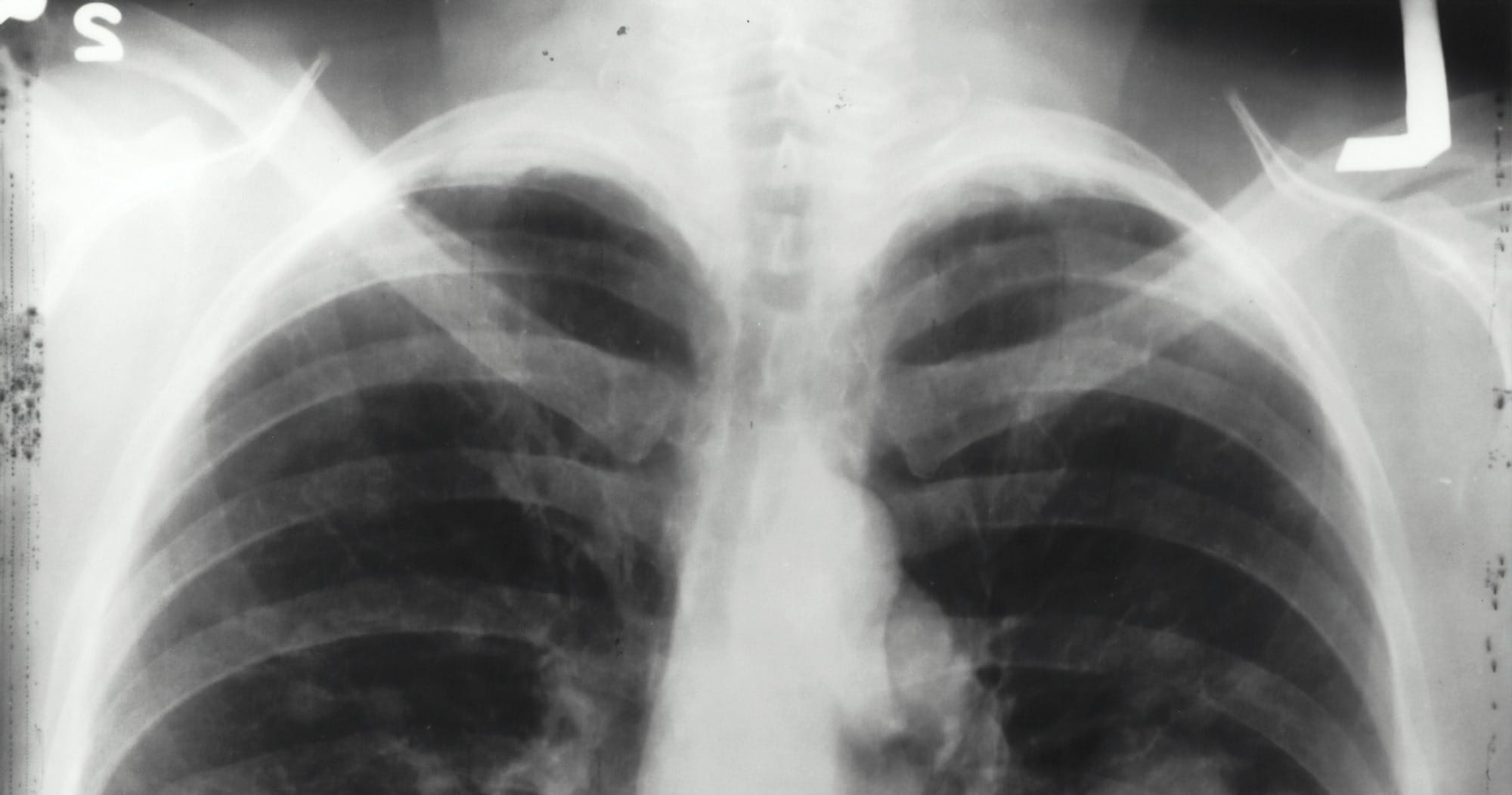
Understanding Pneumonia Shots: Side Effects and Timing
Pneumonia is a significant health concern, particularly for the elderly, young children, and individuals with weakened immune systems. It is a respiratory infection that inflames the air sacs in one or both lungs, which may fill with fluid. To combat the risks associated with pneumonia, vaccines like the pneumococcal conjugate vaccine (PCV) and the pneumococcal polysaccharide vaccine (PPSV23) are essential tools in preventive healthcare.
Types of Pneumonia Vaccines
There are primarily two types of pneumonia vaccines available:
- Pneumococcal Conjugate Vaccine (PCV13 or PCV15/20): PCV helps protect against 13 or potentially 15 to 20 types of pneumococcal bacteria, respectively. It is often recommended for children, older adults, and those with certain health conditions.
- Pneumococcal Polysaccharide Vaccine (PPSV23): This vaccine protects against 23 types of pneumococcal bacteria and is frequently recommended for all adults over 65 and individuals aged 19 to 64 with certain risk factors.
Pneumonia Vaccine Side Effects
Receiving a pneumonia vaccine is generally safe and effective; however, as with any vaccination, recipients might experience some side effects. Common side effects include:
- Soreness, redness, or swelling at the injection site
- Fever
- Loss of appetite
- Fatigue
- Muscle or joint ache
Most side effects are mild and resolve on their own within a few days. Serious side effects are rare but may include a high fever, severe allergic reactions, or, in extremely rare cases, anaphylaxis. It's important to consult healthcare providers if severe symptoms occur.
When to Get Vaccinated
The timing of pneumonia vaccines is an important factor for their effectiveness:
- For Children: The Centers for Disease Control and Prevention (CDC) recommends that all children younger than 2 years receive the PCV13 vaccine. The doses are typically given at 2, 4, 6, and 12-15 months of age.
- Adults 65 and Older: The CDC advises this age group to receive one dose of PPSV23. If they haven't previously received PCV13 or PCV15/20, discussing with a healthcare provider whether they should get these is recommended.
- Individuals 19-64 Years with Certain Health Conditions: This group should talk to their doctors about when to get vaccinated. Conditions may include chronic illnesses, such as diabetes and heart disease, or lifestyles factors like smoking.
Additional Considerations
While the primary aim is protection against pneumonia, vaccinating can also reduce complications linked with conditions such as meningitis, bacteremia, and sinus infections caused by the pneumococcal bacteria.
Vaccination guidelines can vary based on regional health recommendations and personal health conditions. Therefore, individual consultation with healthcare professionals is key to making the best vaccination decisions.
Efforts to increase awareness and accessibility of pneumonia vaccinations are crucial in managing both individual and public health [source].
Conclusion
The decision to receive a pneumonia vaccine should be informed by understanding potential side effects, which are generally mild, and knowing the correct timing for immunization. Doing so can provide significant protection against the potentially severe impacts of pneumococcal diseases. Always consult with healthcare professionals for guidance tailored to specific health needs and circumstances [source].
Reference Links
CDC: Pneumococcal Vaccine Safety

